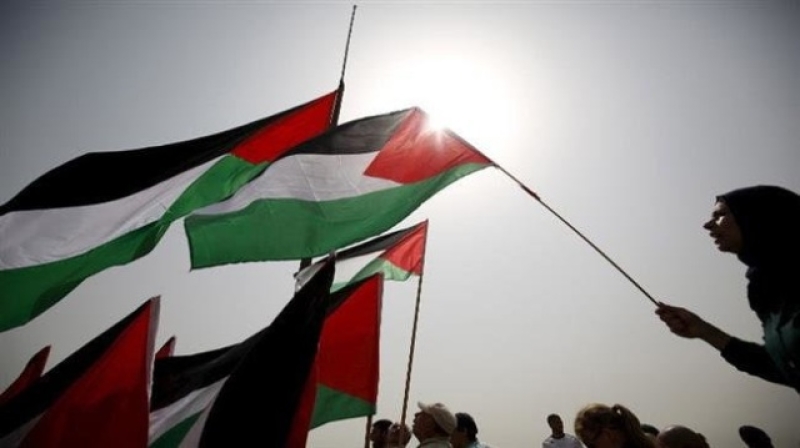- Heads of Sonali Bank, IDRA, and SBC resign citing personal reasons |
- Fakhrul calls attack on Iran 'horrible' |
- AI Moves Closer To Decoding Human Thoughts |
- UNESCO Calls Iran School Strike Grave Violation |
- Oil Jumps, Asian Stocks Slide On Gulf Tensions |
Palestine And The People of The World

Palestine And The People of The World
By Chandra Muzaffar
Israel’s wanton aggression against Lebanon has overshadowed an important decision made by the UN General Assembly linked to the violence and wars that mark our present moment in history. On Wednesday, 18th September 2024, 124 nations voted in favour of a UN General Assembly (UNGA) resolution to end the illegal Israeli occupation of the West Bank, Gaza Strip and East Jerusalem in Palestine. The resolution was prompted by a ruling of the International Court of Justice (ICJ), the world’s highest judicial body, which had ordered Israel to withdraw from Occupied Palestinian Territories (OPT). The ICJ decision of 19th July 2024 was undoubtedly influenced by Israel’s blatant genocide in Gaza and its massacres in the West Bank. The UN General Assembly gave Tel Aviv 12 months to withdraw from the OPT.
Given Israel’s track record, no one should expect Israel to abide by the UNGA’s resolution. Nonetheless, the 124 nations that endorsed the resolution should go all out to ensure that the resolution is implemented. Thay represent almost two-thirds of the total membership of the UN. Their vote, viewed collectively, is the voice of the vast majority of the human family. The huge public gatherings held in so many different parts of the world in the course of the last one year against Israel’s genocide and for the right of the Palestinians to establish their own sovereign, independent state in accordance with UN resolutions attest to the overwhelming support that the Palestinian quest for self- determination enjoys among the people of the world.
The 124 member states of the UN that endorsed the 18th September resolution should remember that the ICJ decision that underscores the UNGA resolution requires member states not to recognize “ the unlawful presence of Israel in the OPT” and not to render aid or assistance to Israel in maintaining its illegal occupation. Translated into tangible action, the 124 states should appeal to the five veto wielding members of the UN Security Council not to use the veto to repudiate the UNGA vote when the issue is brought to the Council for its endorsement. Needless to say, the resolution can only be enforced by the Council.
If there is any indication that the veto is going to be used to deny the will of the majority of the UN membership, the endorsers of the UNGA resolution should meet and set up a committee that will explore ways and means by which the resolution can be rendered meaningful. Countries such as South Africa, Indonesia, Malaysia, and Brazil can be part of such a committee. The UN Secretary-General will also be a crucial member of the Committee. Apart from organizing a permanent ceasefire, the Committee can also ensure that food, fuel, medicines and other essentials are readily available to the people of Gaza and other parts of Palestine. The proposed Committee should also facilitate the release of all hostages presently held by Hamas. Most of all, the Committee should lay out a framework for the resolution of all conflicts between Israel and Palestine and Israel and its neighbours. The Committee’s final recommendations should be presented to the UNGA for its approval.
The UNGA’s approval would signal that the General Assembly --- and not the Security Council ---- is the body within the UN that decides on fundamental issues of war and peace. This is the empowerment of the General Assembly that we should work towards. An empowered GA will give hope to people everywhere.
Dr Chandra Muzaffar, President, International Movement for a Just World (JUST) Malaysia.

